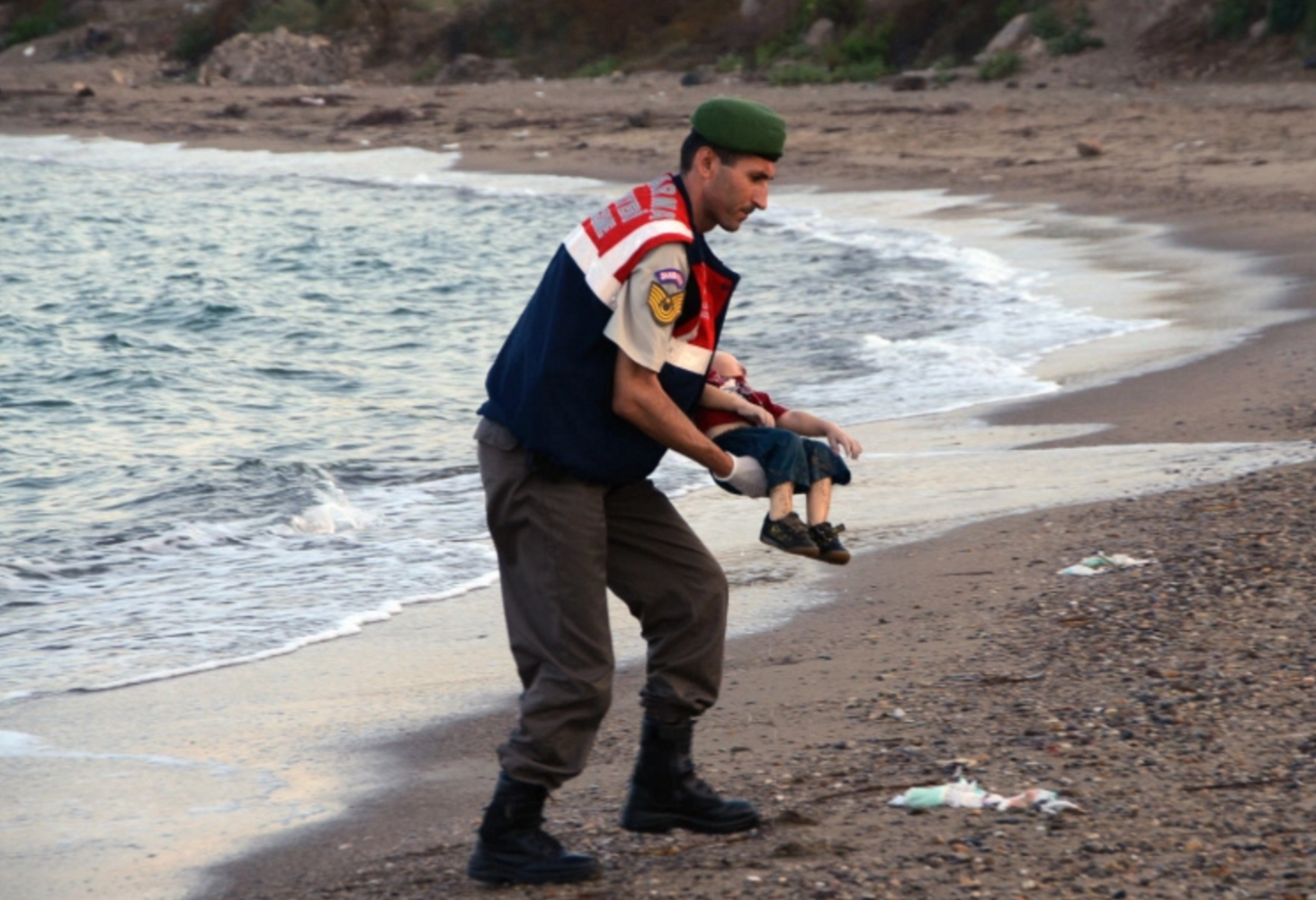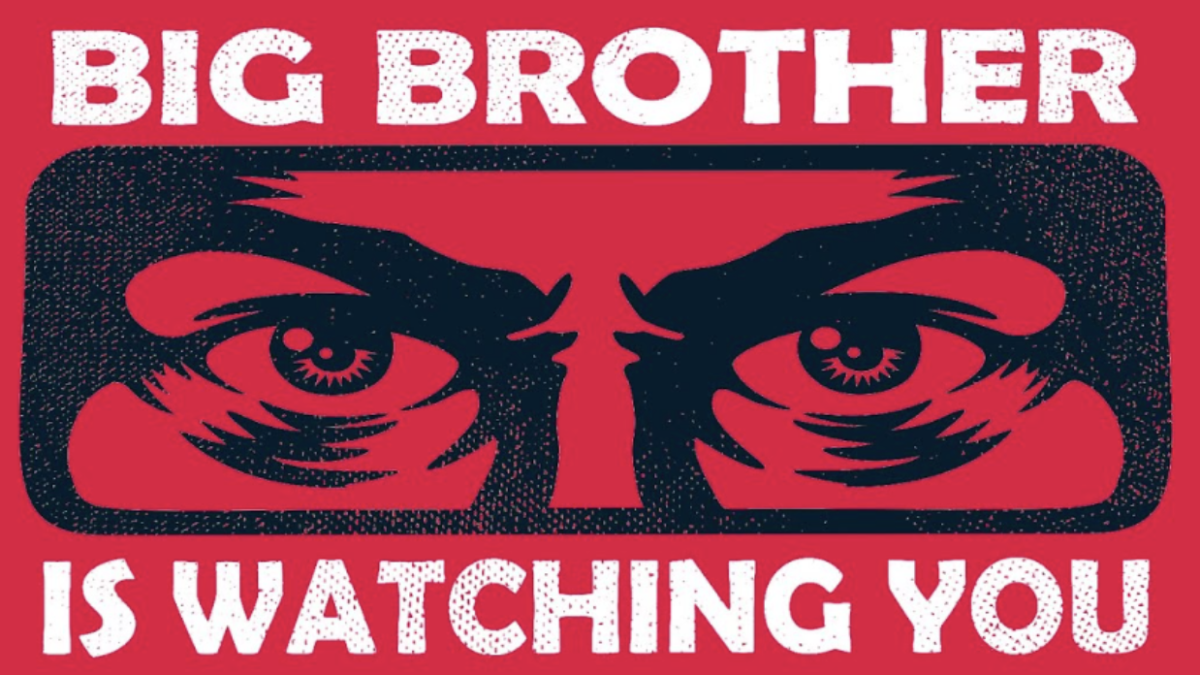By R.J. McIntyre ’18
Since 1793, when the Declaration of the Rights of Man and of The Citizen was drafted, every French person and publication is granted the right to, “free communication of thoughts and opinions.” In fact, the document declares that freedom of expression is one of the most precious rights of man. As seen in the provocative graphic illustrations and colorful writing, Charlie Hebdo has cherished this French right. Despite the importance of free speech in France, there are limits.
The attacks of January 2015 were not the first time that Charlie Hebdo had been punished for stretching the limits of the freedom of speech. Charlie Hebdo was first attacked in 2011. The offices were firebombed for negatively depicting the prophet Muhammad in their publications. Even the French government has tried to censure the publication. The French government has repeatedly hit Charlie Hebdo with heavy fines for criticizing national drug laws. After the numerous fines from the government and the two attacks on the offices, the international community still stood by the paper’s undying satirical ways.
Despite the immense support from the international community, a certain cartoon sparked controversy among the many people who previously had stood by the newspaper. In an issue from this past September, a cartoon depicted the 3-year-old Syrian refugee Aylan Kurdi. In the cartoon, Kurdi is laying face down in the sand. The text suggests that he would become a “groper” in Germany if he had not died. This cartoon is referring to the alleged sexual assault attacks carried out by men on New Years Eve in Cologne. Some of the men were Middle Eastern, just like Aylan Kurdi.
Groups such as the Black Lawyers in Britain have threatened to report Charlie Hebdo to the International Criminal Court for being so racist. For the first time, many readers labeled the drawing as, “the carton Charlie Hebdo shouldn’t have drawn.” The tag #weareNOTCharlie instantly became popular on Twitter. The usage of a dead refugee child to make racist jokes clearly crossed the line in the eyes of many people. In the other words, many found that the publication was using their right to freedom of expression to hurt the refugees.








david malkin • Apr 25, 2016 at 11:56 am
okay article….i guess